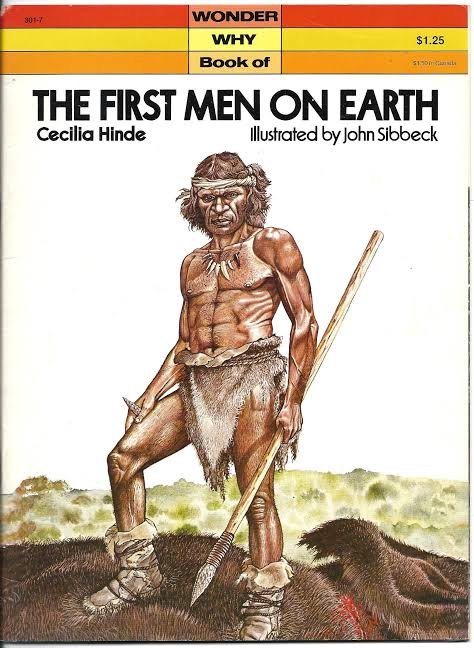According to the Abrahamic religions, Adam was the first man on the planet, created by God from dust and clay. The story of Adam and Eve is well-known, as it features prominently in the Bible, Quran, and Torah.
In the Bible, Adam is described as the first human being created by God. He is placed in the Garden of Eden, where he is given the task of caring for the garden and its animals. God creates Eve from Adam's rib, and the two become the first human couple. However, they disobey God's command not to eat from the tree of knowledge, leading to their expulsion from the Garden.
In the Quran, Adam is also described as the first man, created by Allah from clay. He is placed in the Garden of Eden, where he is tested by Iblis (Satan) to disobey Allah's command not to eat from the forbidden tree. After repenting, Adam is forgiven by Allah and sent to Earth, where he becomes the father of all human beings.
The story of Adam is not limited to the Abrahamic religions, however. Many cultures and belief systems have their own creation stories, often involving a first man and woman who were created by a deity or deities.
While the story of Adam may be viewed as a religious myth by some, it has played an important role in shaping the beliefs and values of millions of people around the world. It has been interpreted and reinterpreted throughout history, with different religious traditions placing different emphasis on various aspects of the story.
In conclusion, the story of Adam as the first man on the planet is a foundational belief in many religious traditions. While the details of the story may vary, the idea of a first man and woman created by a divine being or beings has captured the imagination of people throughout history. The story of Adam continues to inspire and shape the beliefs of millions of people around the world, providing a framework for understanding the origins of humanity and our place in the world.
